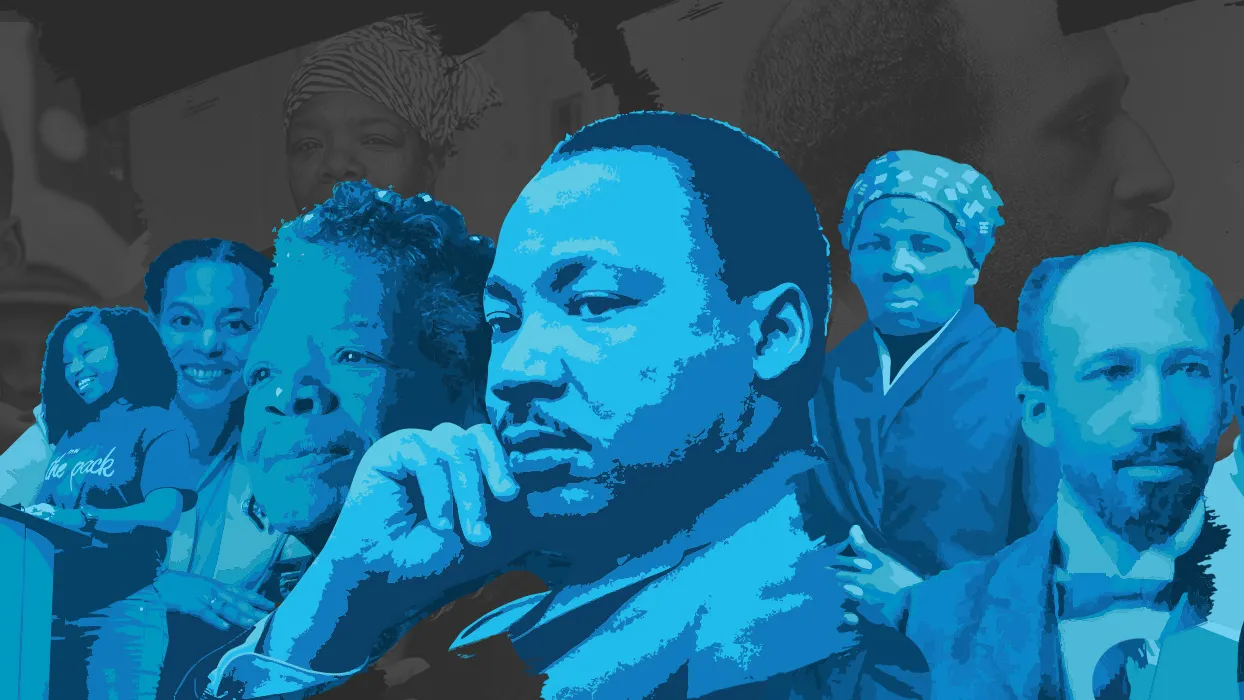Black History Month: A Time to Remember Heroes
Black History Month: A Time to Remember Heroes
African American history must begin in Africa. Some of the greatest thinkers of the
Black liberation struggle understood this fundamental truth. Their commitment to
reconnecting with the Motherland was not only symbolic but essential to their visions
for the advancement of Black people worldwide.
As we celebrate Black History Month, it is vital to honor and reflect on the lives of two
towering figures—Dr. W.E.B. DuBois and Marcus Garvey—who, despite their
different approaches, both championed the idea of an African renaissance and the
unity of the African diaspora.
Dr. W.E.B. DuBois: The Intellectual Pioneer
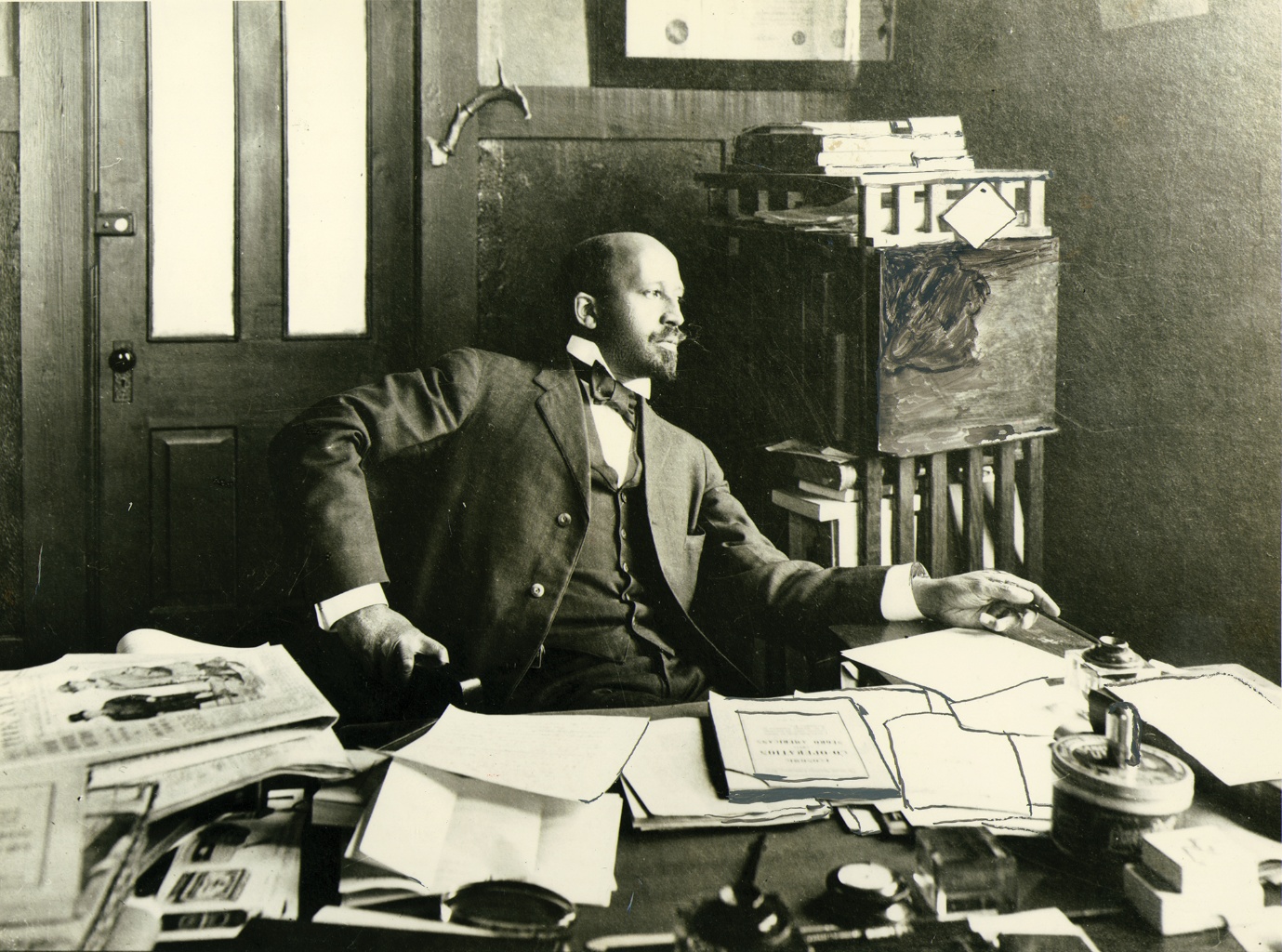
Dr. W.E.B. DuBois
Born on February 23, 1868, in Great Barrington, Massachusetts, Dr. William Edward
Burghardt (W.E.B.) DuBois was a prodigious scholar who shattered racial barriers.
He became the first African American to earn a PhD from Harvard University and
emerged as one of the most influential intellectuals of his time.
His writings, including the seminal work “The Souls of Black Folk” (1903), dissected
the struggles of African Americans and introduced the concept of "double
consciousness"—the internal conflict of having both an African and an American
identity in a racially oppressive society.
A fierce advocate for civil rights, DuBois co-founded the National Association for the Advancement of Colored People (NAACP) in 1909. He fought tirelessly
against racial discrimination and sought immediate equality for Black Americans, often clashing
with more gradualist approaches like those of Booker T. Washington.
However, as time passed, DuBois recognized that the plight of Black people in
America was inseparably linked to the broader global struggles of people of African
descent. This realization led him to embrace Pan-Africanism, a movement dedicated
to uniting African peoples across continents.
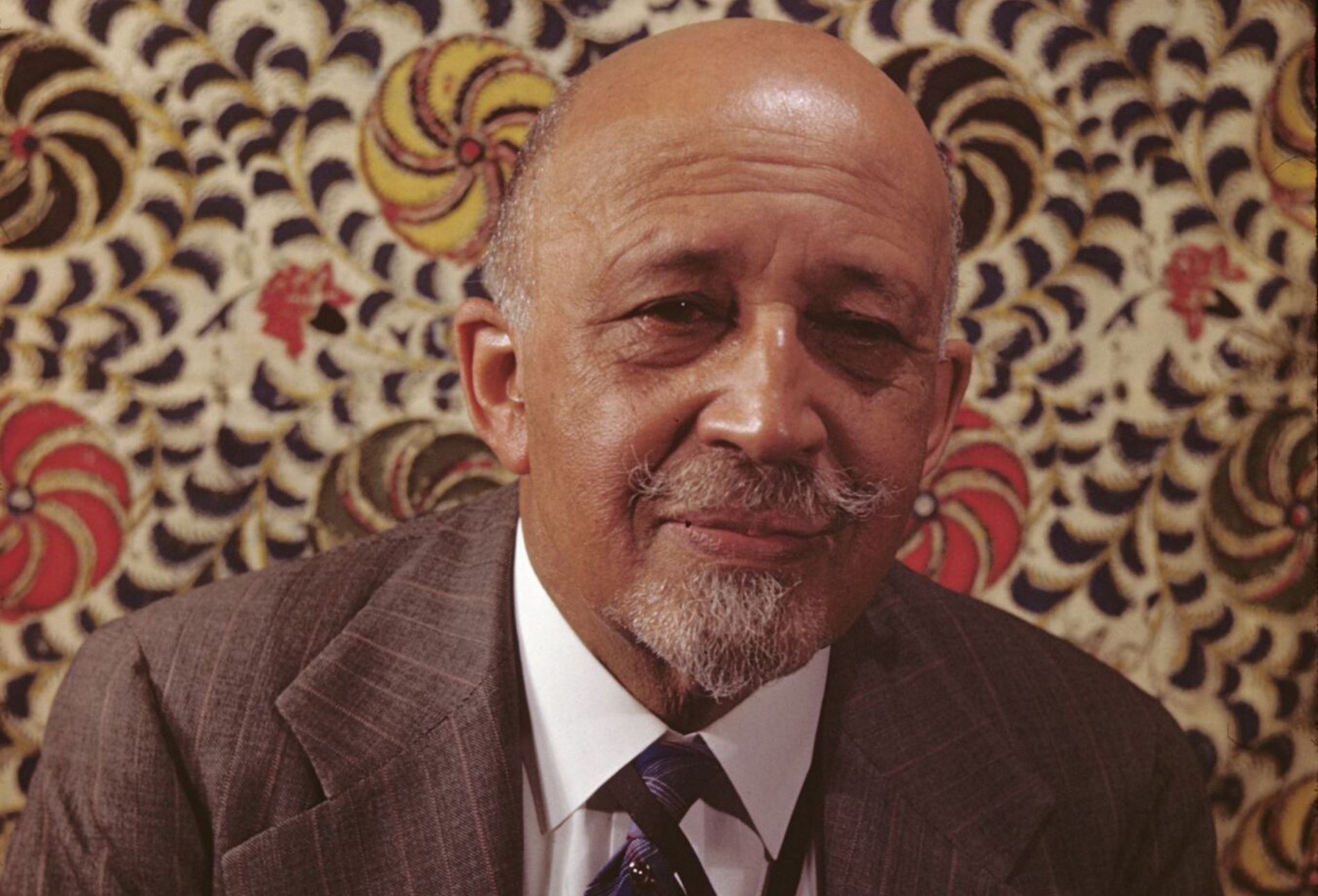
Dr. W.E.B. DuBois
A Final Chapter in Ghana
DuBois’s belief in Pan-African unity deepened as he engaged with leaders like
Kwame Nkrumah, the first President of Ghana. In 1961, at the age of 93, he
renounced his American citizenship and relocated to Ghana, where he spent his final
years.
At Nkrumah's invitation, he embarked on an ambitious project to create an
“Encyclopaedia Africana,” a comprehensive documentation of African history,
culture, and contributions. Though he passed away in 1963 before completing the
project, his legacy remains immortalized in Ghana, where his mausoleum stands as
a testament to his enduring impact.
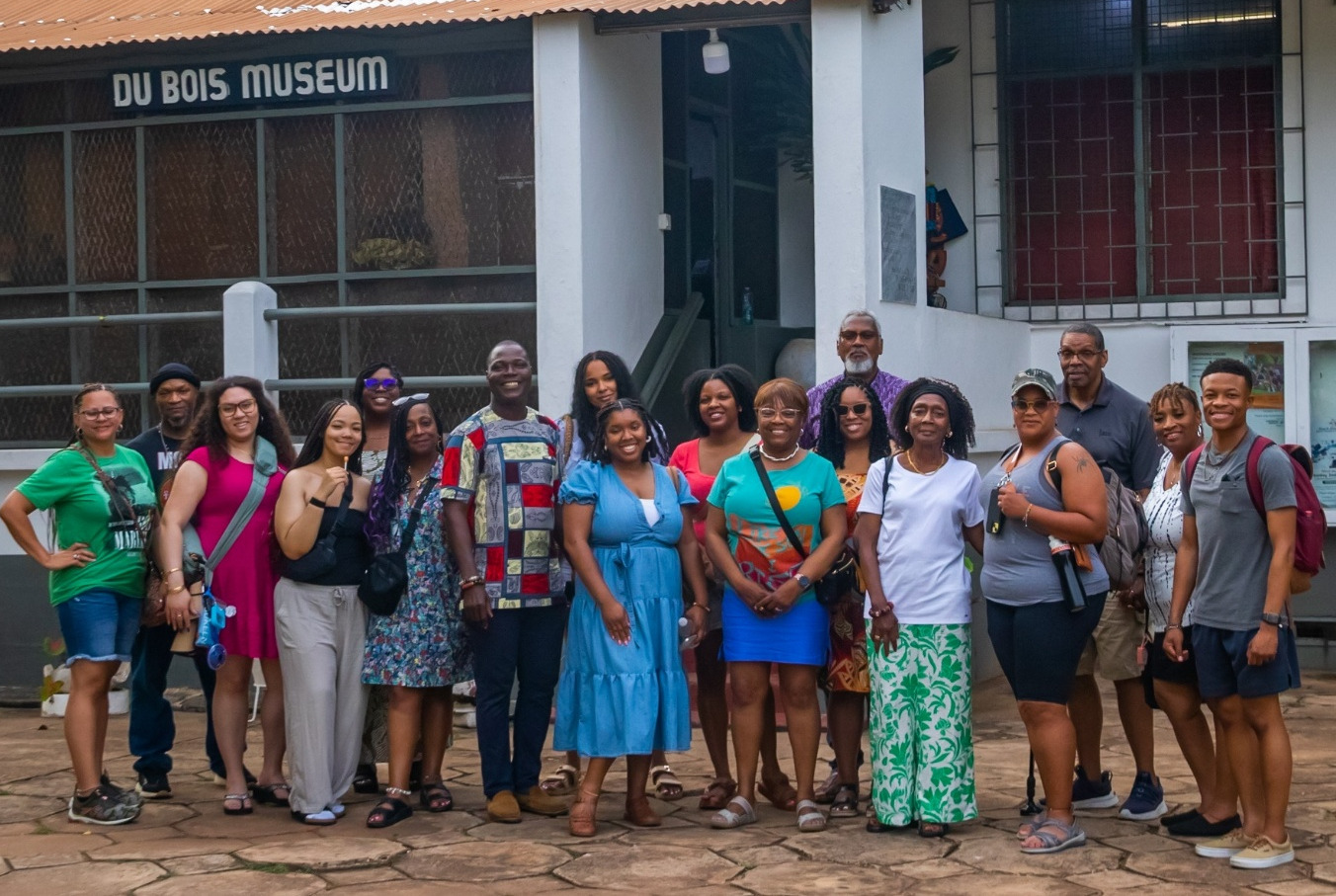
Tourists at the DuBois Museum
Marcus Garvey: The Visionary Behind the Black Star
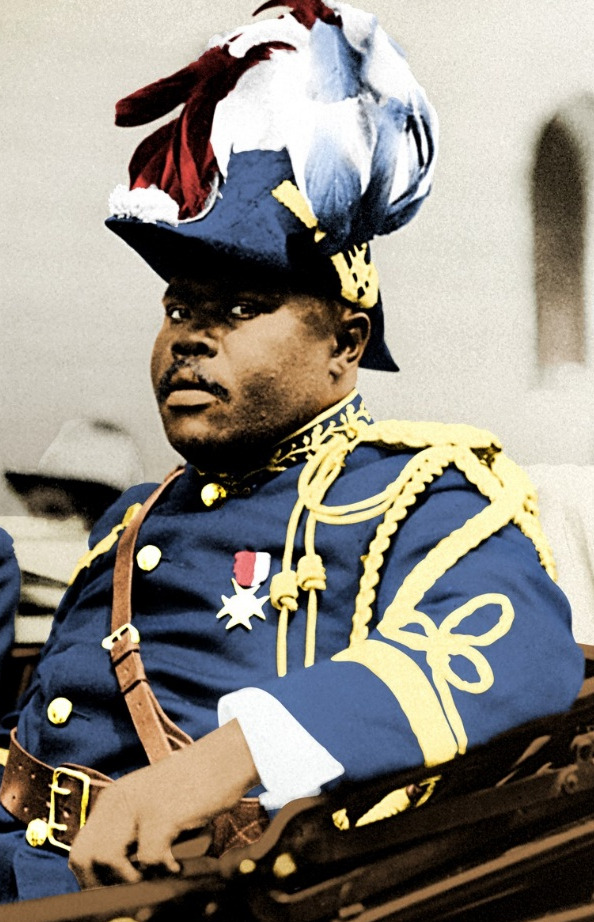
Marcus Mosiah Garvey Jr.
While DuBois approached the liberation of Black people through academia and activism, Marcus Garvey took a different
path. Born on August 17, 1887, in St. Ann’s Bay, Jamaica, Garvey became a charismatic leader who inspired millions. He
founded the Universal Negro Improvement Association (UNIA) in 1914, which became the most significant Black-led movement of
its time, boasting millions of followers across the Caribbean, Africa, and the United States.
Garvey’s central philosophy was rooted in self-determination and Black pride. He encouraged African Americans and other
members of the diaspora to embrace their heritage and reject Eurocentric narratives that demeaned Black identity. His famous
slogan, "Africa for the Africans, at home and abroad," encapsulated his vision of a
unified Africa, free from colonial rule and exploitation.
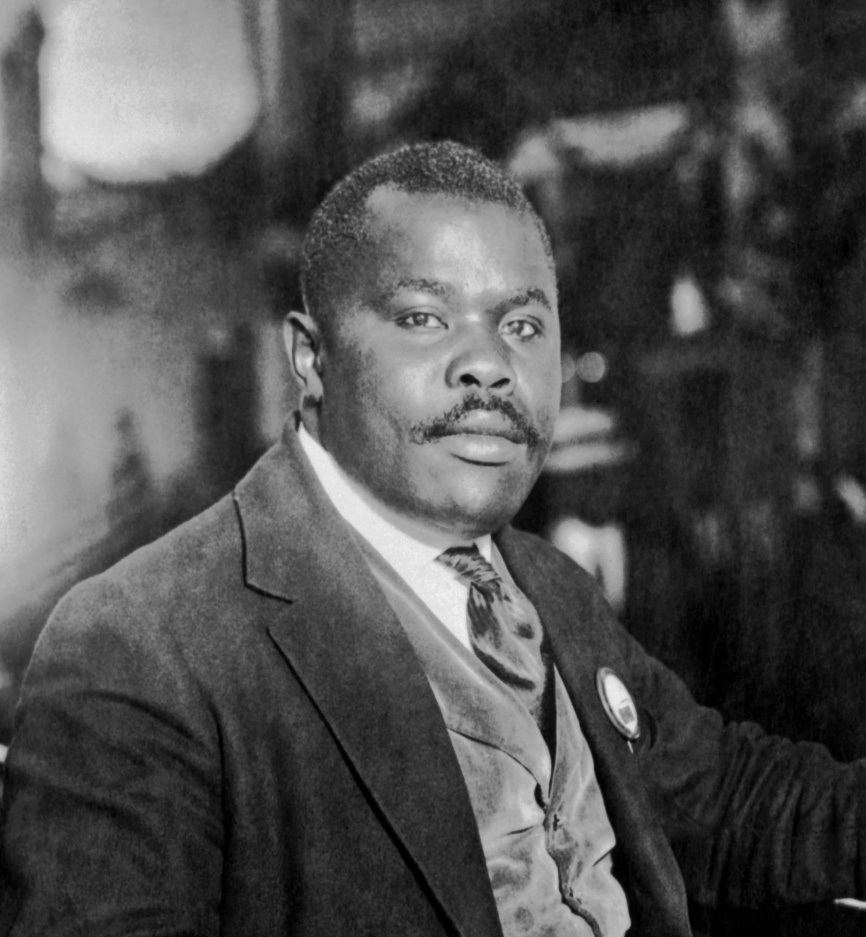
Marcus Mosiah Garvey Jr.
The Black Star Line and Its Legacy
One of Garvey’s most ambitious undertakings was the creation of the Black Star Line, a shipping
enterprise meant to facilitate the return of African Americans to Africa. Although the line faced
financial struggles and was ultimately unsuccessful, its symbolism was powerful.
Garvey’s teachings influenced many leaders, including Ghana’s first president, Kwame Nkrumah,
who later adopted the Black Star as the emblem of Ghana’s national flag and named the
country’s state-owned shipping company the Black Star Line in tribute to Garvey’s vision.
The Call for a Return to the Motherland
Both DuBois and Garvey understood the importance of reconnecting with Africa.
DuBois saw it as a cultural and intellectual renaissance, while Garvey envisioned it
as a physical and economic repatriation. Their efforts laid the groundwork for
movements such as Pan-Africanism and the African diaspora’s ongoing engagement
with the continent.
Today, their legacy lives on. Many African Americans, inspired by their teachings, are
making pilgrimages to Africa, some even relocating permanently. Initiatives like
Ghana’s Year of Return and Beyond the Return campaigns encourage members of
the diaspora to rediscover their ancestral roots and contribute to Africa’s
development.
Honoring the Pioneers
As we observe Black History Month, it is essential to remember that our ancestors'
struggles and dreams were not confined to the shores of America. They envisioned a
future where Africa and its descendants worldwide would stand united, empowered,
and free.
Dr. W.E.B. DuBois and Marcus Garvey were two such visionaries whose
contributions continue to inspire generations. Their message remains clear: Africa is
not just a place of origin; it is a home to which all of its descendants belong.
By revisiting their legacies, we not only pay homage to their sacrifices but also
reaffirm our commitment to the ideals they championed—unity, self-determination,
and the reclamation of our heritage. This Black History Month, let us remember and
honor these heroes, ensuring that their vision for a stronger, united African diaspora
is carried forward.
It was Garvey’s dream to Return to the Motherland.
W.E.B. DuBois Returned to the Motherland.
Are You Considering a Return to the Motherland?
Renowned for exceptional service and immersive tours, we have become the top choice for African Americans looking to explore their roots, connect with Africa’s
traditions, and create lifelong memories.
Book your unforgettable journey today! Return to the Motherland with African Connections. With over 20 years in the industry, we have guided countless travelers
on transformative African adventures.
